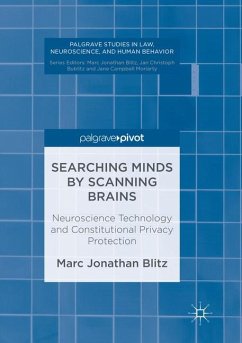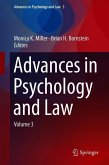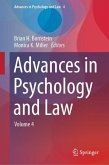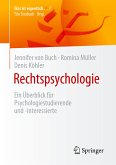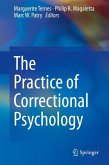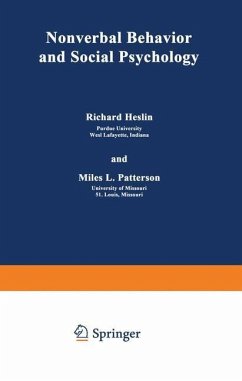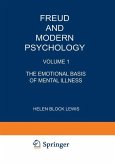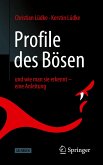This book examines the ethical and legal challenges presented by modern techniques of memory retrieval, especially within the context of potential use by the US government in courts of law. Specifically, Marc Blitz discusses the Fourth Amendment's protections against unreasonable searches and the Fifth Amendment's self-incrimination clause. He also argues that we should pay close attention to another constitutional provision that individuals generally don't think of as protecting their privacy: The First Amendment's freedom of speech. First Amendment values also protect our freedom of thought, and this-not simply our privacy-is what is at stake if government engaged in excessive monitoring of our minds.
"Searching Minds by Scanning Brains presents in-depth discussions of how the Fourth and Fifth Amendments have been used to make decisions about the constitutionality of brain scanning offered as evidence in criminal cases. ... This book could be a very helpful text for law students, not only because of the resources and format of the book but also because of Blitz's modeling of the disciplined logical and balanced thinking of an expert legal scholar." (Patricia E. Freed, PsycCRITIQUES, Vol. 62 (32), August, 2017)

